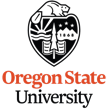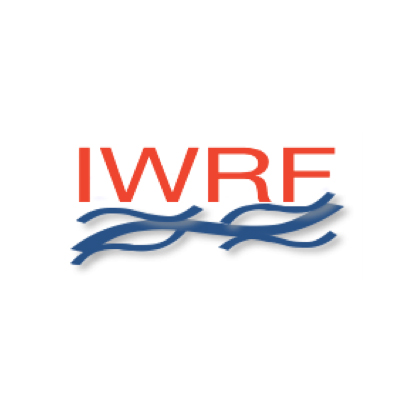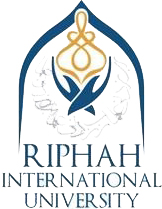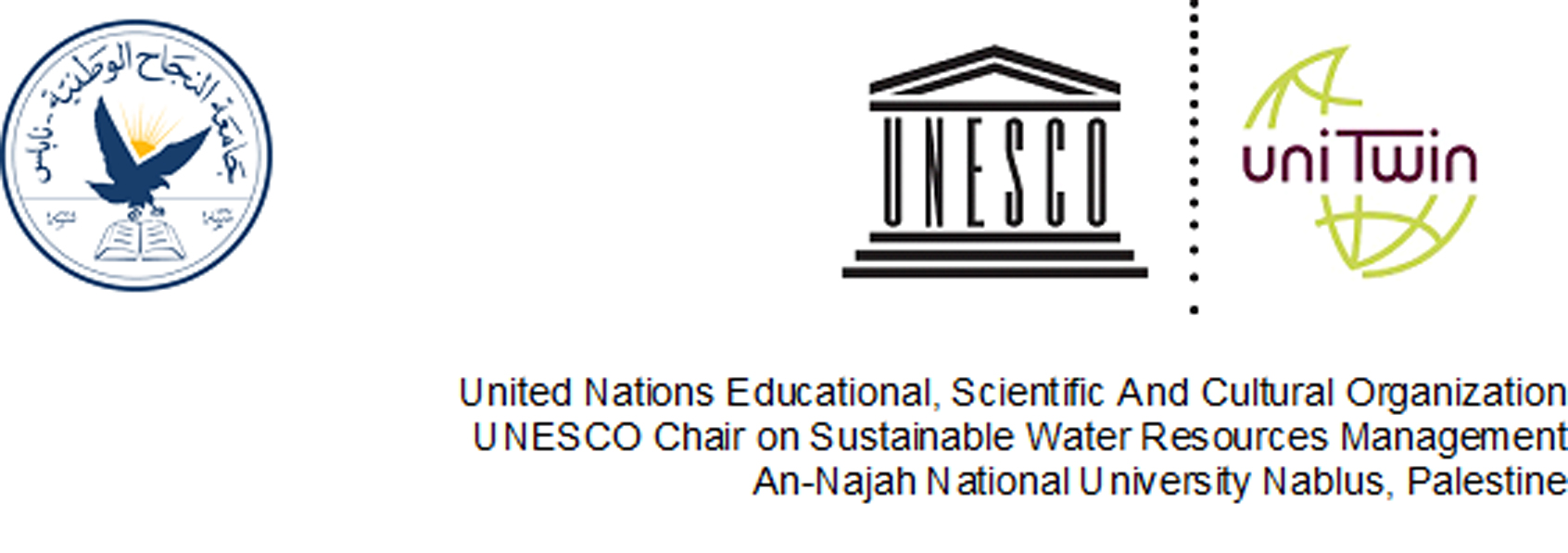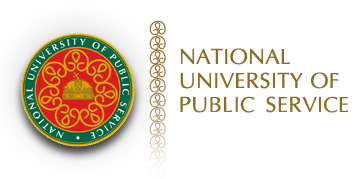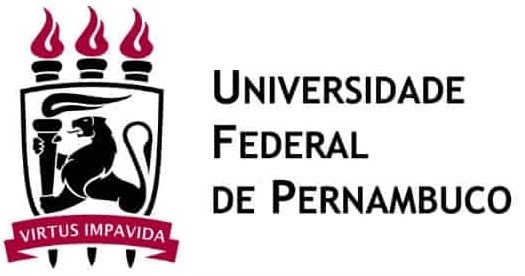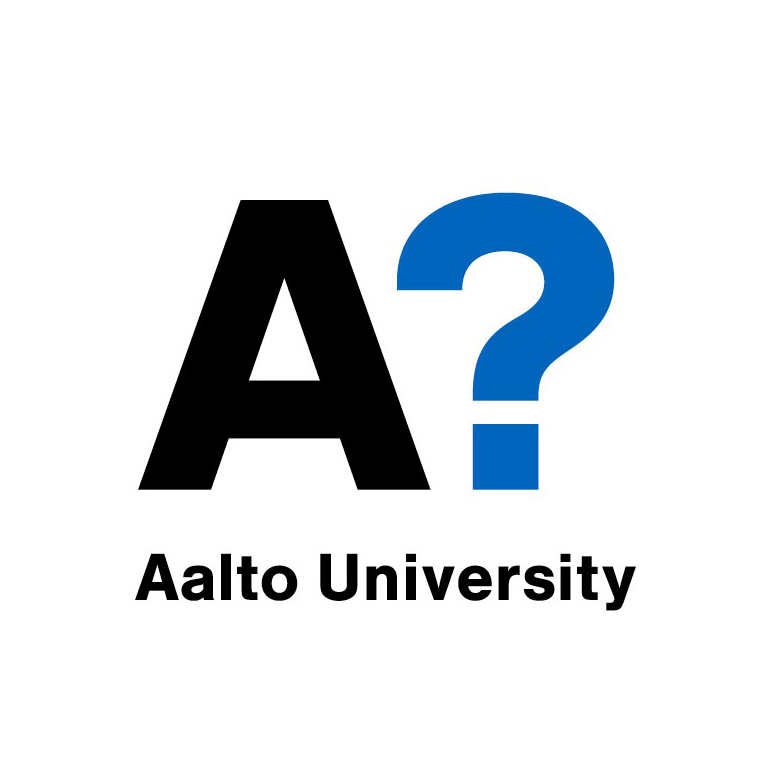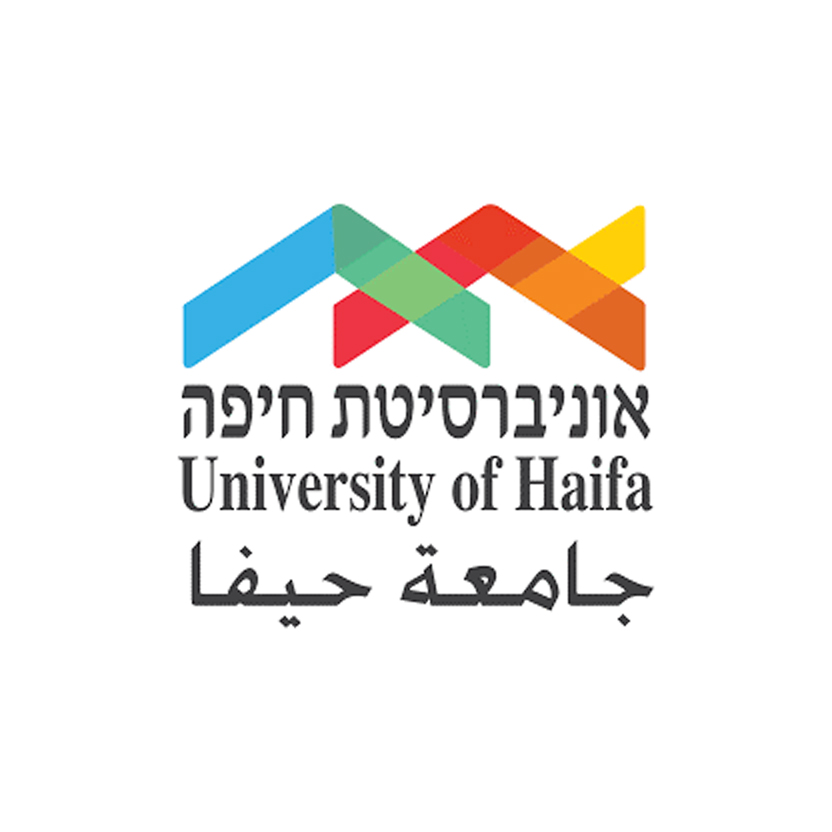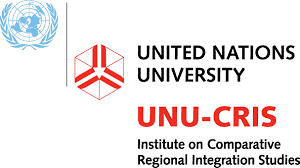The Universities Partnership for Water Cooperation and Diplomacy (UPWCD) serves as a platform led by knowledge partners in the field of water cooperation and diplomacy. It is a one-stop-shop where such actors can share and access information about relevant activities, co-develop research and education tools and jointly support professional training in this field.
The main objective of UPWCD is to bring together research and teaching competences from various institutions and disciplines and enhance their respective visibility, impacts and services rendered to key target audiences. While preserving and respecting its Partners’ identities, the Partnership encourages and reinforces connections, collaborations and exchanges among them. It, therefore, aims at leveraging existing competences and bolstering institutional strength while striving to achieve common goals.
The partnership achieves its main objective by:
- Enhancing scientific knowledge and capacities in water cooperation and diplomacy;
- Contributing to the public debate and discourses on shared waters;
- Introducing rigorous science into related dialogues and deliberation processes.
Who can be a member of the UPWCD?
The Partnership is reffered to as a “Universities’ Partnership” as a tribute to its history, evolving from a number of universities willing to join efforts. It is however established as a multi-institutional, academic, research and non-academic partnership, whose Partners share the partnership’s objectives.
Why should we join the UPWCD?
- We are stronger together. We can make a bigger impact together. Our respective work can be relayed by a bigger number of actors and can therefore have a ripple effect and reach a larger targeted audience.
- We are more efficient together. Quests for experience, job opportunities or occasions for long or short term collaboration can go totally unnoticed while experts, eager partners and professionals can be somewhere waiting to be engaged. Our network can make sure no need remains unattended.
- We are more convincing together. Searches for funding are more likely to be solid and successful when they reflect actual readiness to cooperate across disciplines, generations and the whole globe.
- The partnership exists and functions through members' actions and commitments; and in return it increases exponentially these same members’ impact, efficacy and reach.
Who is the UPWCD target audience?
The Partnership aims at rendering services to a wide array of audiences engaged in or concerned with, water cooperation and diplomacy. These include and are not limited to, policy and decision makers, senior, mid-level and junior professionals, students, educators, civil society, the media, donors, and intergovernmental institutions).
Where is the UPWCD physically based?
The Partnership is wherever its partners are, and the Geneva Water Hub currently hosts its Coordination Unit.
Partners
The partnership is composed of 3 categories of partners:
- Founding Partners: these are the institutions who founded the network
- Core Partners: these are institutions leading a cluster of activities
- Partners: these are institutions who are actively contributing to the implementation of the network's objectives
- Affiliates: these are institutions who choose to be affiliated to the network as a whole without being actual Partners within the network.
The choice to become a Partner or an Affliate depends on an institution’s desired level of involvement within the Partnership, as well as its work on water cooperation and/or diplomacy.
Founding Partners
They are the founding members of the Partnership.
Core Partners
These are institutions who are actively contributing to the implementation of the network's objectives. They are in the process of being identified.
Partners
Partners are knowledge institutions (academic or non academic) who are at the stage of initiating education, research and/or training activities/programmes on water cooperation and diplomacy.
Partnership’s activities and label
An activity can be labeled as a Partnership activity if:
- It contributes to the goals of the Partnership, and
- It is conducted by at least 2 members of the Partnership, and
- It has been approved by the Core Partners.
Core Partners can use the UPWCD label when organizing an activity responding to the above criteria after having informed their peers.
Partners can use the label of the partnership for activities responding to the above criteria. They will have to inform the Core Partners (through the Coordination Unit) of their intention to do so and get a greenlight from them.
Africa
Asia and the Pacific
Arab States
Eastern Europe
Latin America and the Caribbean
Western Europe and North America
Affiliates
Affiliates are knowledge institutions (academic or non academic) who (i) are at the stage of initiating education, research and/or training activities/programmes on water cooperation and diplomacy (ii) need support in doing so from the UPWCD and (iii) would like to be affiliated to the Partnership as a whole without having particular connections to any specific/individual partners.
Become our partner
You are invited to express your institution’s interests in, and expectations from, the Partnership by filling in this form. The Coordination Unit will be in touch with you. Your candidature will be submitted to the Core Partners whose endorsement finalizes the integration process.


